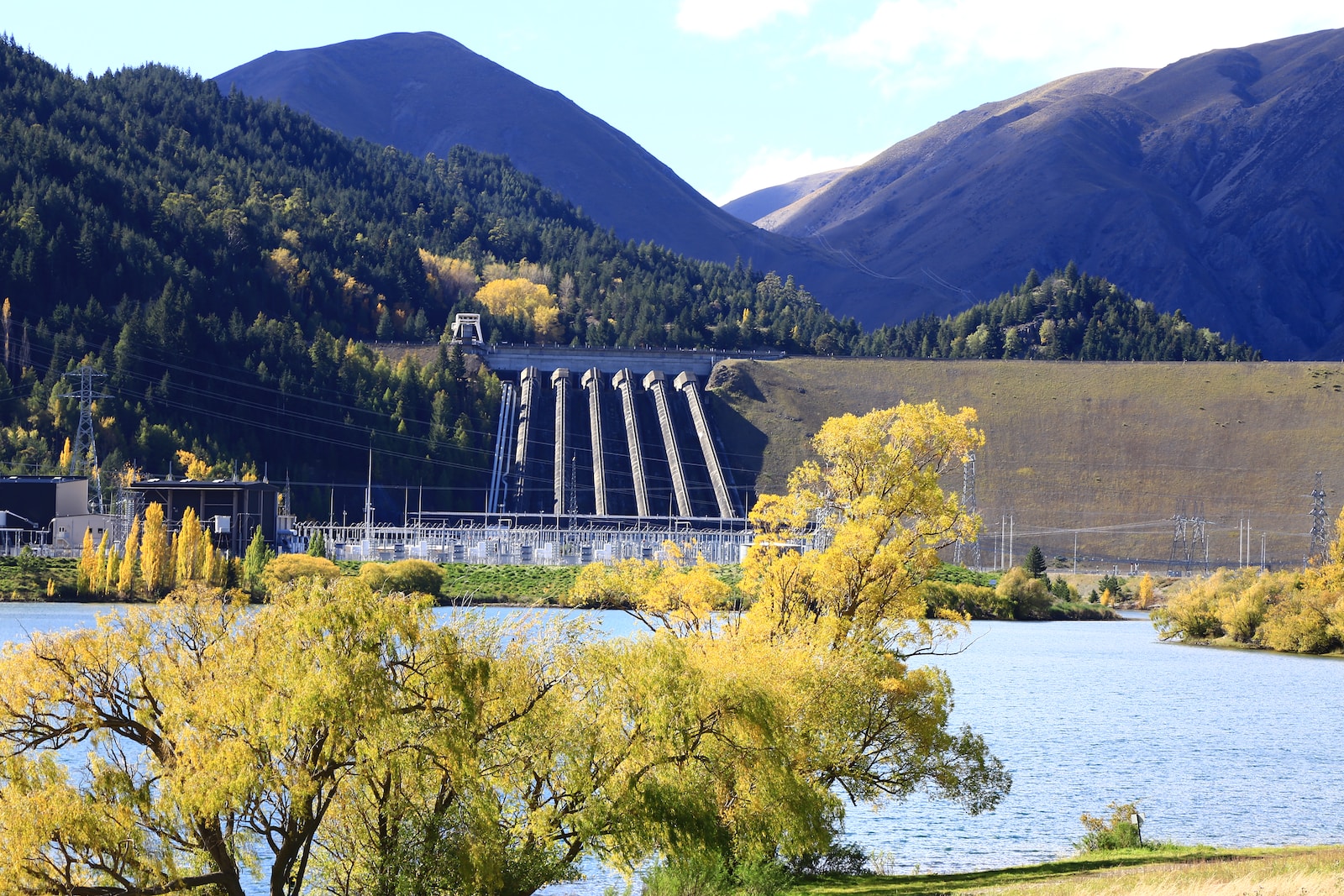- Sustainable exploitation of resources is an important concept in modern resource management, as it aims to ensure that resources are used in a way that meets current needs without compromising the ability of future generations to meet their own needs.
- This concept is particularly relevant for non-renewable resources, as their depletion can have long-term consequences for the environment and human societies.
- Sustainable exploitation involves finding a balance between economic development, social well-being, and environmental protection.
- It requires a long-term perspective, as well as an understanding of the ecological and social systems that underpin resource use.
- Sustainable exploitation can also involve the adoption of new technologies and practices that reduce the environmental impact of resource extraction and use.
Benefits of sustainable exploitation of resources:
- Long-term availability of resources for future generations
- Minimizes negative impact on the environment and biodiversity
- Promotes social and economic stability in local communities
- Fosters innovation and technological development
- Increases efficiency in resource use
- Reduces greenhouse gas emissions and other pollutants
- Enhances the quality of life for local communities
- Builds resilience against environmental and economic shocks
Problems of sustainable exploitation of resources:
- Higher initial costs for implementing sustainable practices
- Resistance from stakeholders who prioritize short-term profits over long-term sustainability
- Limited availability of information and knowledge on sustainable practices
- Complexities in implementing sustainable practices across different sectors and stakeholders
- Competition for resources and conflicts of interest among stakeholders
- Vulnerability to external shocks and factors beyond the control of local communities
- Limited political will and support from governments and institutions
- Difficulties in balancing economic, social, and environmental objectives




